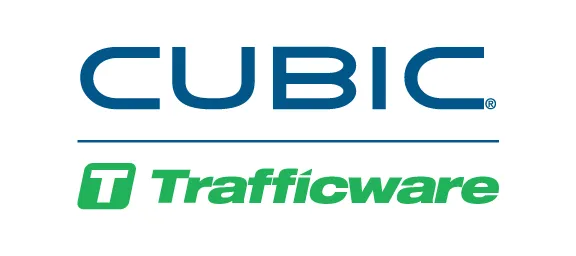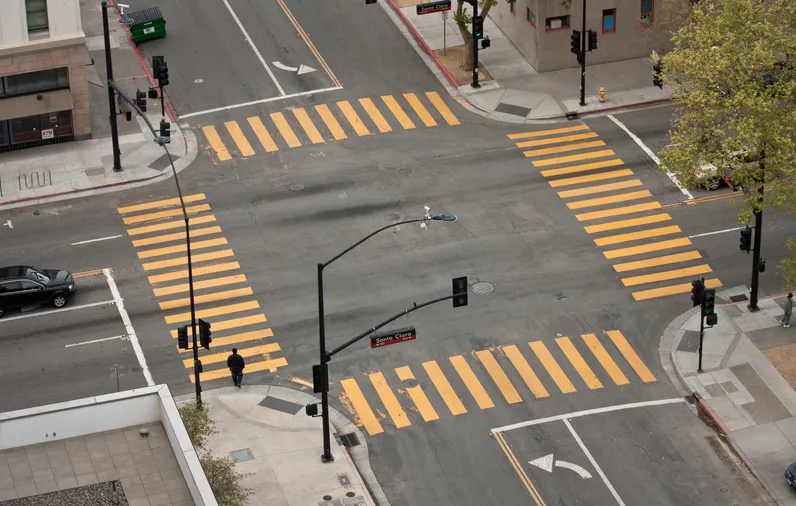
Cubic has acquired US traffic management specialist
Trafficware, now a part of the Cubic Transportation Systems business unit, offers a suite of software, internet of things devices and hardware solutions to improve mobility and safety.
Bradley Feldmann, chairman, president and chief executive officer of Cubic, says the deal will aid the company’s strategy to develop intelligent traffic solutions and enable smart cars through smart infrastructure.
Cubic expects Trafficware to contribute approximately $50m in sales and $14m to $15m of adjusted EBITA. Also, the company anticipates the transaction will be accretive to cash earnings per share in the first full year of operations, exclusive of transaction fees.








